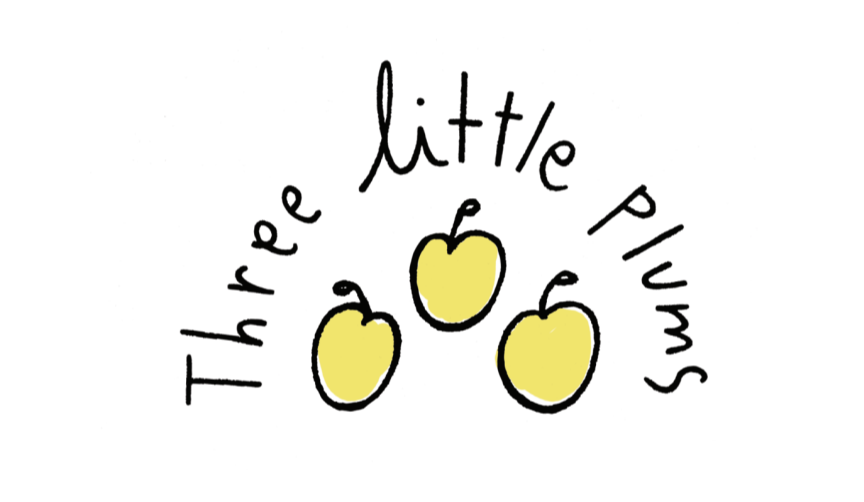Could Vitamin C Protect Us from Glyphosate's Toxic Effects?
Most of us have know that Vitamin C is good for us- but what exactly can it help us with?
Vitamin C helps with the development and repair of our body's tissue
Vitamin C also is a great antioxidant
People with high concentrations of Vitamin C in their blood have been shown to have a 42% lower risk of stroke.
New studies are now also finding it might help protect us from glyphosate- one of the most common pesticides (found in Monsanto's RoundUp and in a huge amount of foods we consume including, a recent study found, many breakfast basics)
First of all, you might be asking yourself- do I have to worry about glyphosate? Am I exposed to glyphosate?
Yes. Yes we all are.
Glyphosate, the main ingredient in RoundUp, is widely used on food crops, as well as on residential lawns, gardens, schools and public parks.
Even if you eat certified organic food, glyphosate can cross contaminate organic crops and make its way into your food and (unfiltered) water.
Why is Glyphosate bad?
The International Agency for Research on Cancer has classified glyphosate as a “probable carcinogen.”
It has been also linked to: endocrine disruption, damage DNA and adversely affect fetal development.
newer research has shown it can affect your beneficial gut bacteria possibly leading to: diabetes, obesity, food allergies, autoimmune disease, autism, heart disease, cancer, asthma, irritable bowel disease, Celiac disease
Is there anything I can do to protect myself from glyphosate?
There are increasingly more studies (most on mice and other animals) showing that high levels of antioxidants like Vitamin C and E could actually hep protect you against some of the damage glyphosate can do on your body.
The reason might be because:
1. glyphosate-based formulations can be responsible for oxidative damage (the opposite of what an antioxidant does) to human cells. This means that glyphosate, as found in Round Up, can cause “significant changes” in cellular antioxidant status by depleting an important enzyme called glutathione.
Glutathione is one of our bodies most important antioxidant (usually low in people with autoimune disorders) which binds to toxins and helps eliminates them.
2. The study reported that supplementation with vitamin C and E increased levels of glutathione , thereby potentially reducing the damage caused by Glyphosate
Does the dose of Vitamin C Matter?
Vitamin C is a well known and studied vitamin. According to the National Institute of Health, it is :
1. Essential for Collagen, which is an important component of connective tissue, which plays a vital role in wound healing.
2. Vitamin C is also an important antioxidant, shown to regenerate other antioxidants within the body
3. There is the possibility that vitamin C, by limiting the damaging effects of free radicals through its antioxidant activity, might help prevent or delay the development of certain cancers, cardiovascular disease, and other diseases in which oxidative stress plays a causal role.
4. Vitamin C plays an important role in immune function: taking 250 milligrams to 1 gram of vitamin C daily has been shown to reduce the risk of developing a cold by 50 percent in marathon runners, skiers and soldiers exposed to cold temperatures or extreme physical activity.
Does the dose matter? It seems so.
While it is rare for people in the US to have low levels of Vitamin C- Many of these studies mention higher levels of Vitamin C- which can be a bit confusing since the status quo has been the belief that higher levels of Vitamin C are simply not as absorbed after a certain amount by our cells....
The Average Daily recommended amounts are:
Birth to 6 months 40 mg
Infants 7-12 months 50 mg
Children 1-3 years 15 mg
Children 4-8 years 25 mg
Children 9-13 years 45 mg
Teens 14-18 years (boys) 75 mg
Teens 14-18 years (girls) 65 mg
Adults (men) 90 mg
Adults (women) 75 mg
Pregnant teens 80 mg
Pregnant women 85 mg
Breastfeeding teens 115 mg
Breastfeeding women 120 mg
The upper limits for vitamin C are listed below:
Life Stage Upper Limit
Birth to 12 months Not established
Children 1-3 years 400 mg
Children 4-8 years 650 mg
Children 9-13 years 1,200 mg
Teens 14-18 years 1,800 mg
Adults 2,000 mg
However, if you are looking for a higher absorption on Vitamin C the type of Vitamin C you take (oral vs intravenous) might make a difference. According to the National Cancer Institute :
High-dose vitamin C may be taken by mouth or given by an intravenous (IV) infusion (through a vein into the bloodstream). When taken by IV infusion, vitamin C can reach higher levels in the blood than when the same amount is taken by mouth
Conclusions- what does all of this mean for me and my family regarding glyphosate toxicity?
Bottom line? Vitamin C is good for us.
1. Eat organic food and eat foods high in Vitamin C
2. Avoid the use of toxic chemicals (insecticides, pesticides etc) in and around your home
3. Consider taking vitamin C – every day. For children or if you are interested in higher levels of Vitamin C seek guidance from an experienced integrative physician to determine what dose is best for you and your family.
* excessive amounts can cause gastrointestinal complaints and have other side potentially more serious side effects, so talk to your doctor before taking high doses.

